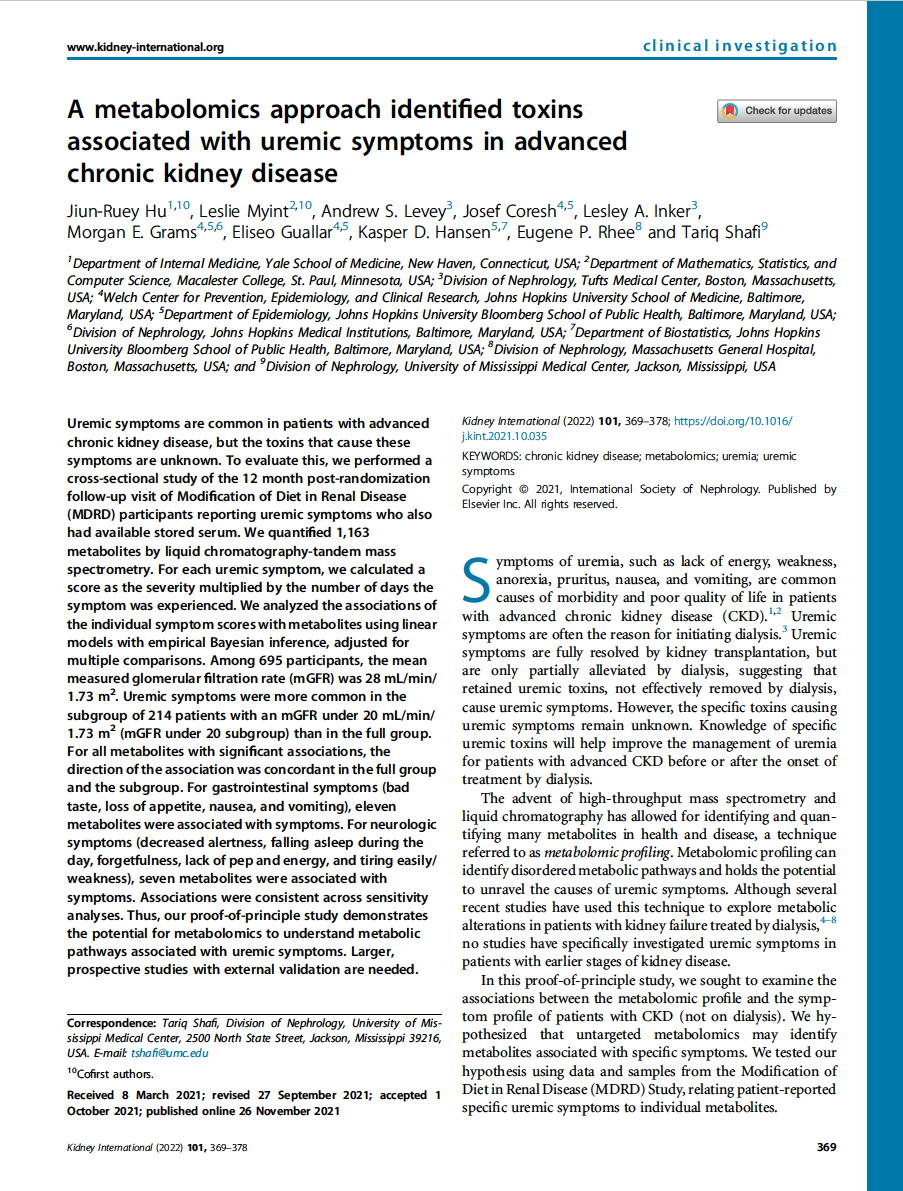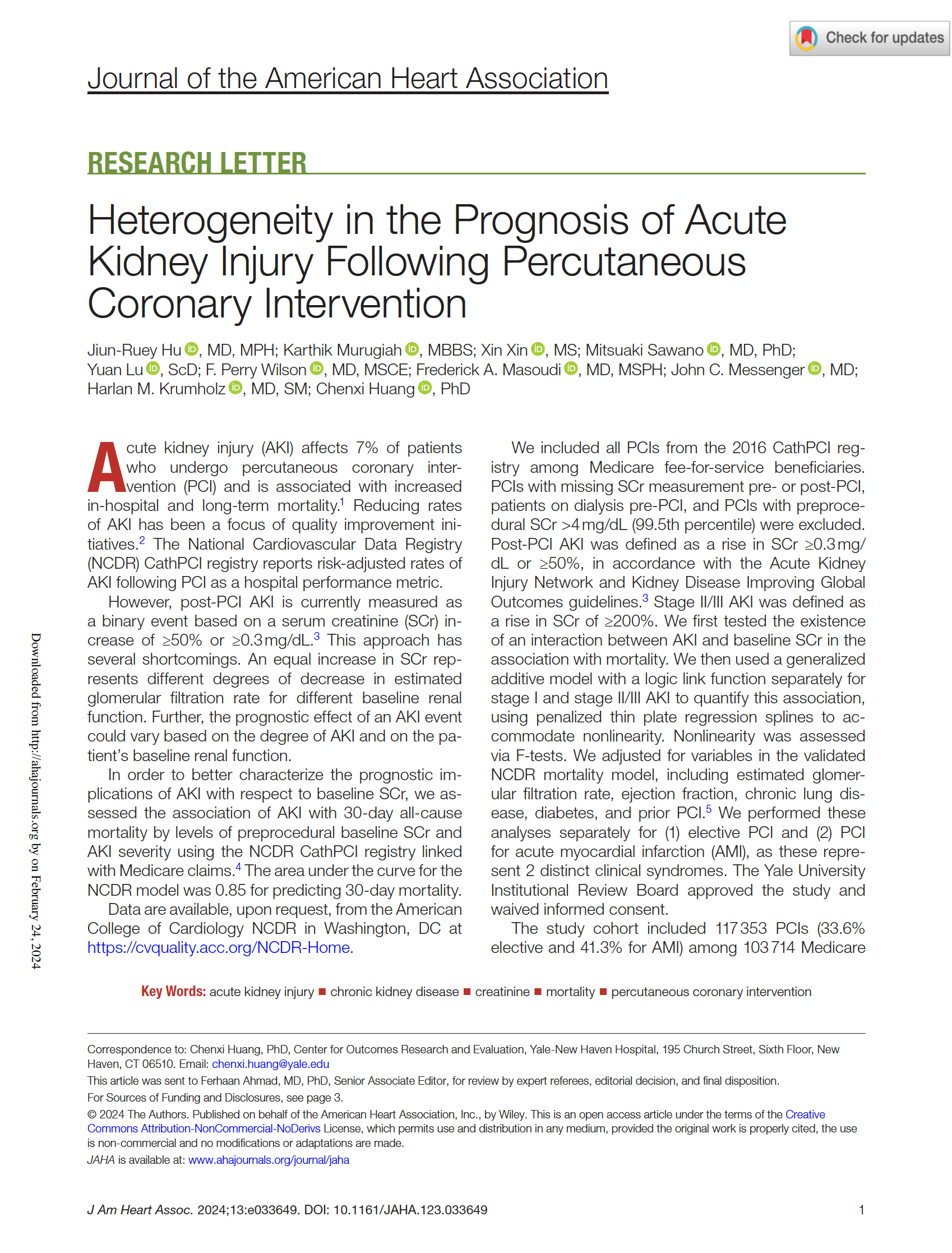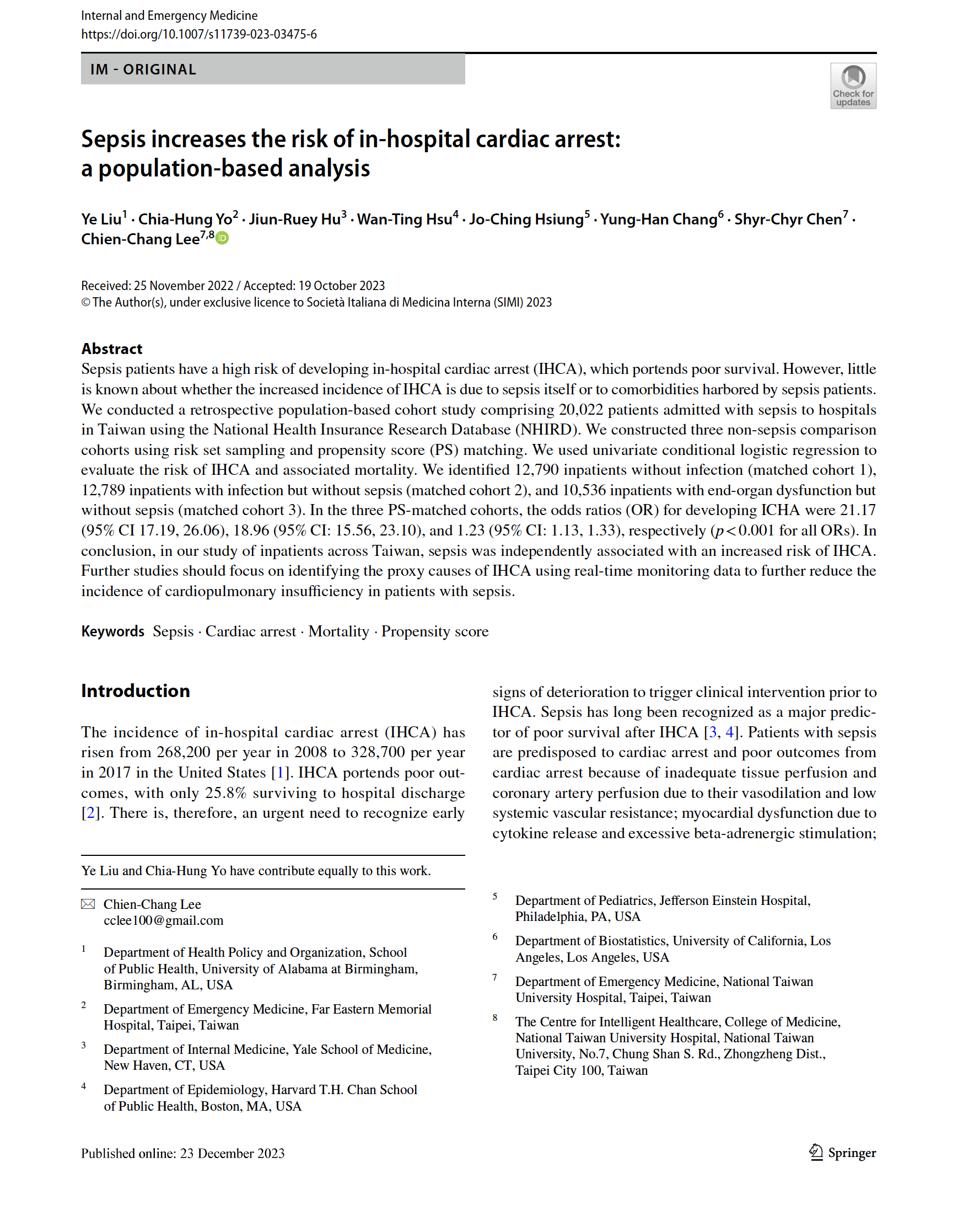
📝 Abstract
Uremic symptoms are common in patients with advanced chronic kidney disease, but the toxins that cause these symptoms are unknown. To evaluate this, we performed a cross-sectional study of the 12 month post-randomization follow-up visit of Modification of Diet in Renal Disease (MDRD) participants reporting uremic symptoms who also had available stored serum. We quantified 1,163 metabolites by liquid chromatography-tandem mass spectrometry. For each uremic symptom, we calculated a score as the severity multiplied by the number of days the symptom was experienced. We analyzed the associations of the individual symptom scores with metabolites using linear models with empirical Bayesian inference, adjusted for multiple comparisons. Among 695 participants, the mean measured glomerular filtration rate (mGFR) was 28 mL/min/1.73 m2. Uremic symptoms were more common in the subgroup of 214 patients with an mGFR under 20 mL/min/1.73 m2 (mGFR under 20 subgroup) than in the full group. For all metabolites with significant associations, the direction of the association was concordant in the full group and the subgroup. For gastrointestinal symptoms (bad taste, loss of appetite, nausea, and vomiting), eleven metabolites were associated with symptoms. For neurologic symptoms (decreased alertness, falling asleep during the day, forgetfulness, lack of pep and energy, and tiring easily/weakness), seven metabolites were associated with symptoms. Associations were consistent across sensitivity analyses. Thus, our proof-of-principle study demonstrates the potential for metabolomics to understand metabolic pathways associated with uremic symptoms. Larger, prospective studies with external validation are needed.

